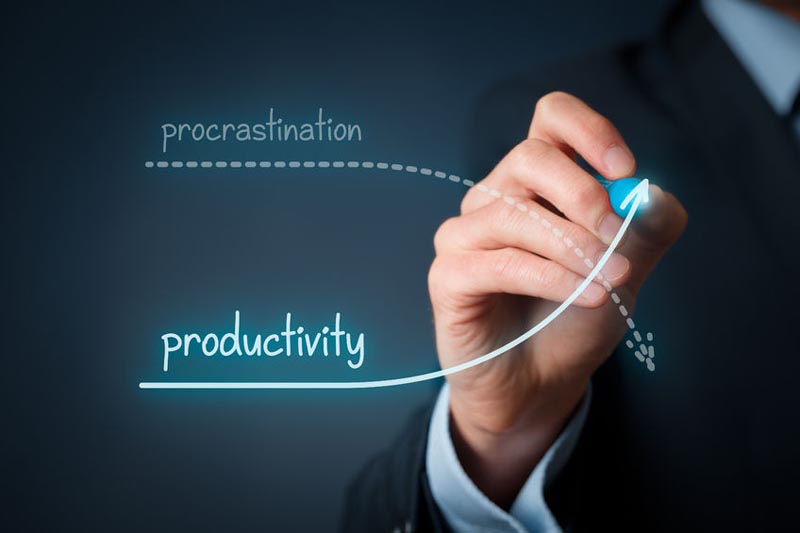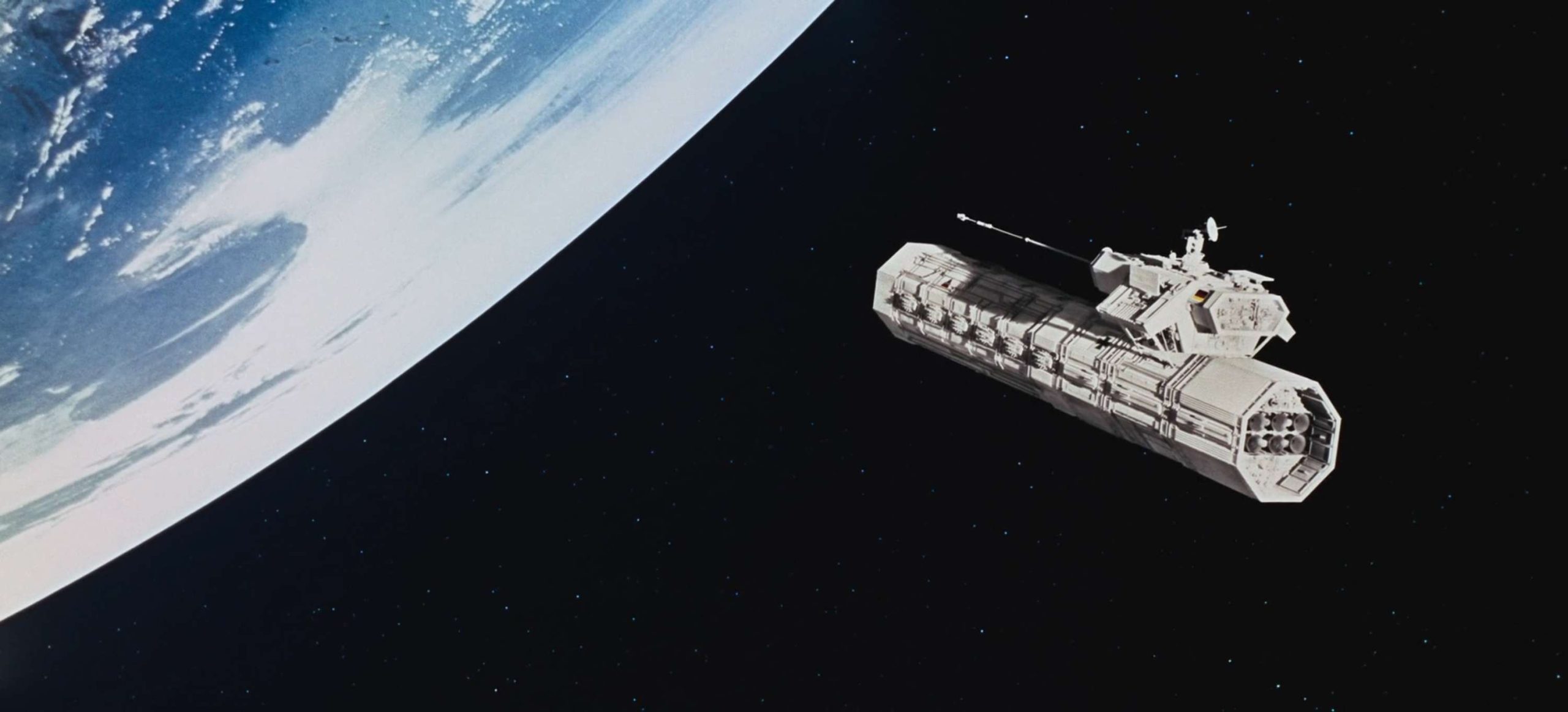Introduction:
Procrastination: a term often associated with negativity, guilt, and missed deadlines. But what if we told you that there’s a way to turn procrastination into a tool for productivity? In this blog post, we’ll explore the concept of mindful procrastination – a counterintuitive approach that encourages intentional pauses, providing surprising benefits for creativity, problem-solving, and overall well-being.
The Power of Procrastination:
Procrastination is typically viewed as the enemy of productivity, but what if it’s a misunderstood ally? Mindful procrastination involves purposefully delaying tasks to allow the mind to wander, dream, and make unexpected connections. Instead of mindlessly scrolling through social media, consider embracing moments of deliberate procrastination as opportunities for mental rejuvenation and inspiration.
The Creative Pause:
Many creative geniuses throughout history were known for their ability to engage in purposeful procrastination. From Leonardo da Vinci to Steve Jobs, these visionaries recognized the value of stepping away from a problem to let the mind explore uncharted territories. The creative pause allows the brain to incubate ideas, leading to innovative solutions that might not have surfaced through immediate, focused effort.
Mindful Procrastination Techniques:
- The Mindful Walk: Take a stroll outside and let your mind wander. Observing nature or the urban landscape can trigger new perspectives and ideas.
- Journaling Breaks: Pause your work to jot down random thoughts, dreams, or ideas. This simple act can serve as a creative outlet and help you gain insights into your subconscious mind.
- Scheduled Daydreaming: Set aside specific time slots in your day for intentional daydreaming. Allow your mind to wander without any specific agenda, and observe the thoughts that emerge.
- Playful Exploration: Engage in activities that stimulate your creativity, such as playing an instrument, drawing, or experimenting with a hobby. These playful moments can lead to unexpected breakthroughs.
The Neuroscience of Procrastination:
Recent research in neuroscience suggests that the brain’s default mode network (DMN), responsible for daydreaming and mind-wandering, plays a crucial role in creative thinking. By giving our brains the freedom to toggle between focused attention and the DMN, we create an optimal environment for problem-solving and idea generation.
Balancing Act:
Of course, mindful procrastination should be approached with balance. It’s essential to recognize when intentional breaks are serving a purpose and when they become a hindrance to progress. Striking the right balance between focused work and purposeful pauses can lead to increased productivity, enhanced creativity, and a healthier relationship with tasks at hand.
Conclusion:
In a world that often glorifies constant busyness, embracing mindful procrastination may seem counterintuitive. However, by acknowledging the power of purposeful pauses, we can unlock new dimensions of creativity, problem-solving, and personal well-being. So, the next time you find yourself on the brink of procrastination, consider whether it’s an opportunity for a mindful pause – a chance to let your mind meander, explore, and discover the unexpected paths that lead to innovation and fulfillment.



